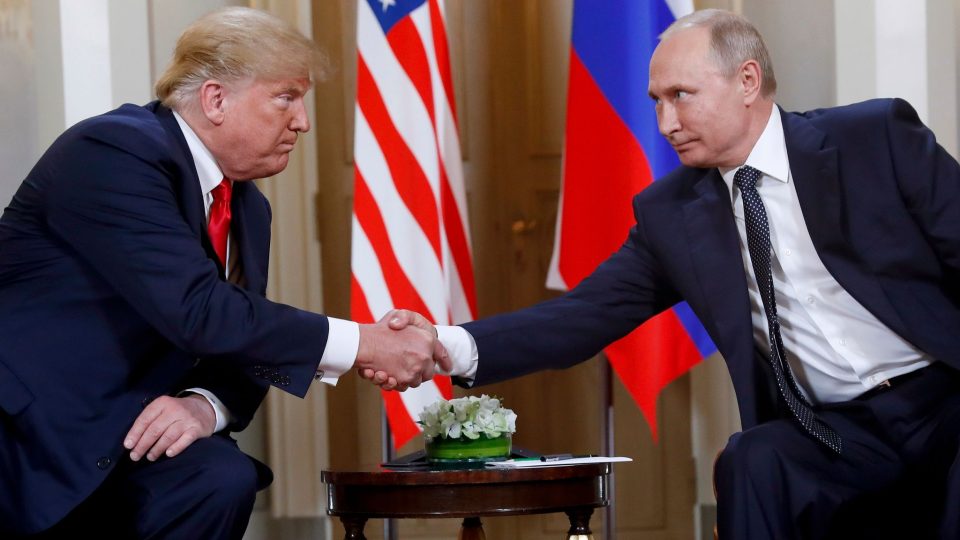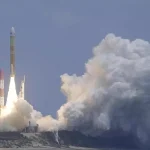Donald Trump’s first term nearly saw the U.S. enter direct conflict with Iran, and his unpredictable style poses challenges for Washington’s closest allies, particularly within NATO. As he campaigns for a return to the White House, Trump claims he could swiftly end Russia’s war in Ukraine, but any hasty agreement may weaken Kyiv and exacerbate European security.
The escalating tensions between Iran and Israel are another major focus for a potential Trump presidency. He faced clashes with Tehran during his first term, suggesting that a more aggressive stance could lead to direct confrontation this time around.
With the U.S. election approaching, global leaders are analyzing the implications of a second Trump administration on national interests and pressing security threats. Trump’s history of unpredictability creates concern not just for adversaries but also for NATO allies, particularly as he has expressed frustration over the U.S. covering the costs for European security for decades.
During his presidency, Trump threatened to withdraw the U.S. from NATO, a move that could jeopardize the alliance’s stability. His rhetoric has, however, encouraged allies to increase military spending. Despite this, the long-term underinvestment of European NATO members means they are not ready to independently function as a strong military force.
The immediate effects of a Trump victory would likely be felt in Ukraine and Iran. While Trump claims he could quickly resolve the conflict in Ukraine, he has not detailed how to achieve peace. He has criticized Ukrainian President Volodymyr Zelenskyy, referring to him as the “greatest salesman” for securing extensive U.S. support, which has been crucial in Ukraine’s resilience against Russian aggression.
A change in U.S. support for Ukraine under a Trump administration is anticipated, but it does not mean complete surrender to Putin. Trump, known for positioning himself as a skilled dealmaker, would likely avoid placing the blame for Ukraine’s absorption into Russia on his administration.
Trump’s relationship with Russian President Vladimir Putin adds another layer of unpredictability. During his presidency, Trump notably trusted Putin’s assurances over U.S. intelligence regarding Russian election interference. This dynamic raises questions about whether he could leverage this connection for Western interests in the future.
Conversely, Trump’s stance on Iran may lead to increased military support for Israel against Tehran and its proxies, potentially involving direct U.S. action. His previous decision to withdraw from the nuclear deal with Iran underscores his strong position on its nuclear ambitions.
Additionally, recent accusations of Iranian hacking against his campaign are likely to increase tensions further should Trump return to power.
Credit: Sky News





